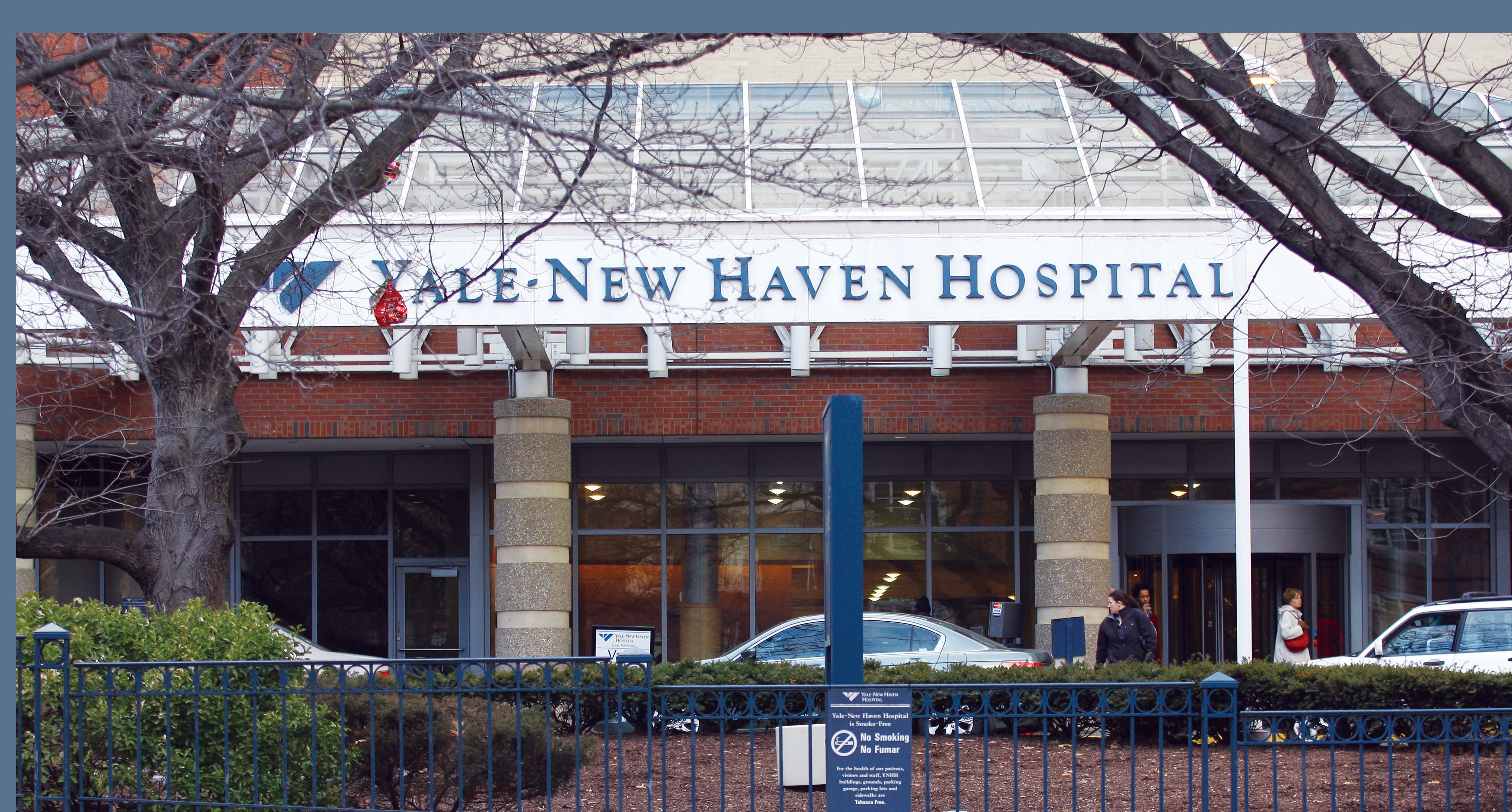
For the fourth year in a row, Yale New Haven Hospital will receive reduced Medicare payments due to its high preventable-infection rate.
YNHH and 14 other Connecticut hospitals will lose 1 percent of Medicare reimbursements this fiscal year for having high rates of patients who acquired curable infections while hospitalized. The penalties are part of the Centers for Medicare and Medicaid Services’ Hospital-Acquired Condition Reduction Program, a policy instituted under the Affordable Care Act. Yet some professors interviewed argued that these measures do not take into account the hospital’s educational initiatives and service to an urban area.
“Because this is a comparative bonusing system, we continue to be on the lower end of quality metrics here, and there may be a bias against academic medical centers and heavily urban, low income areas,” said Professor of Diagnostic Radiology, Public Health, Management and Economics Howard Forman.
The Centers for Medicare and Medicaid Services use data-based scoring methodology — which includes in-hospital-fall and hip-fracture rates, postoperative respiratory failure rate, and rates of infections from urinary tract catheters and central line-associated bloodstream infections — to identify which hospitals’ patients most often acquired infections and injuries while in treatment. Beginning in the 2015 fiscal year, the Centers reduced payments to hospitals that ranked in the lowest quartile, according to the scoring methodology.
Joshua Copel, professor of obstetrics, gynecology, reproductive sciences and pediatrics at the Yale School of Medicine, criticized the data points the Centers use as “arbitrary” because they do not take into account the demographic the hospital serves.
“There is no real consensus that they truly represent quality, probably because they’re not in any way adjusted to the severity population cared for in an institution,” Copel said. “A lot of the Connecticut hospitals above the federal government numbers were the safety-net hospitals.”
Ohm Deshpande, the Director of Utilization Review and Clinical Redesign at YNHH said he was not surprised the hospital would again incur the Medicare cut — its fourth in four years — since the program disproportionately penalizes academic hospitals, hospitals that serve urban areas and teaching hospitals, which provide clinical education and training to future health professionals. He added that YNHH has an incredibly complex set of patients, as it is one of the largest hospitals nationwide and takes care of community patients as one of the largest referral hospitals.
Over 100 other academic medical centers were penalized this fiscal year.
Forman said that the cuts YNHH faces do not indicate a lack of improvement; each year a quarter of all hospitals nationwide are subjected to the same penalties.
Although YNHH has incurred penalties four years in a row, Copel said, the hospital is aware of the Centers for Medicare and Medicaid Services measurements and follows the hospital’s national rankings.
“[YNHH] tracks these numbers,” Copel said. “The information is pushed out to the medical staff on a regular basis, so people are aware of how we’re doing with these things, and we need to keep trying to improve care in everything we do.”
YNHH has worked to improve its score through various initiatives, according to Deshpande. In recent years, he said, the hospital has standardized how it inserts central lines into patients bloodstreams and has instituted a simulation-training program. Deshpande said that data used for the metric comes from October 2013 to September 2016, meaning more recent reforms may be underrepresented in the hospital’s score.
Although the penalization is far from fatal for the hospital, Deshpande said, it is still significant.
“[The cut] is not something that is going to be the difference between us going out of business or closing our doors,” he said. “But we’re judicious about how we use our revenues and how we make sure we are sustainable, so we never want to throw money away.”
The 15 Connecticut hospitals join a nationwide list of 751 hospitals that incurred penalties. Yale New Haven Hospital is one of the six hospitals — including Hartford Hospital, Bridgeport Hospital, Connecticut Hospice Inc., John Dempsey Hospital in Farmington and the Windham Community Memorial Hospital — to have been penalized each year since the program launched four years ago.
Isabel Bysiewicz | isabel.bysiewicz@yale.edu







